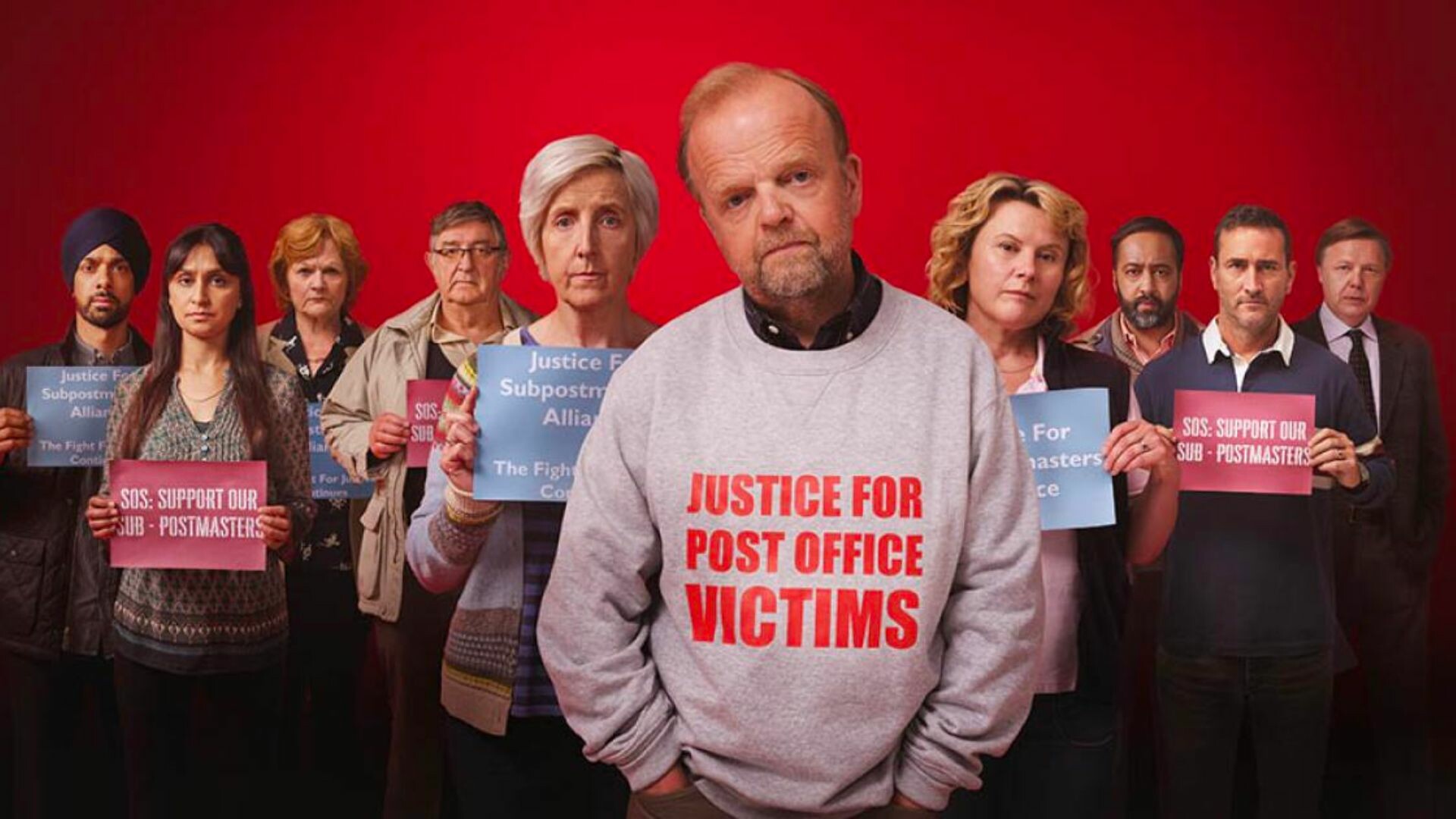On 25 December last year, the BBC’s long-running soap EastEnders attracted an audience of 3.6million people.
No small number. But when it’s pointed out that the highest-rated episode of EastEnders is the Christmas Day 1986 episode, which attracted over 30 million viewers, it does help illustrate a wider trend – that television has been on something of a decline these past few decades.
The reason? Well, consumers today have so many other options: Netflix, Apple TV +, Disney +, Facebook, TikTok…Long gone are the days of four channels. Thanks to the internet, consumers are no longer beheld to the decisions of scheduling editors at national broadcasters. They can watch what they want, when they want, and how they want. And with such plurality of choice, ‘must-see’ watches that dominate water-cooler conversations are increasingly rare.
But this year there has been a notable exception to that trend. ITV’s Mr Bates Vs The Post Office gained a reaction unlike any other I have ever seen off the back of a television drama. The four-part series tells the story of a long-running campaign to expose the Horizon IT system scandal. Hundreds of Post Office staff were wrongfully accused of theft and fraud.
The Impact of Mr Bates Vs The Post Office

Image Source: ITVX
Of course, television can and does bring the country together. From nail-biting World Cup finals to the recent funeral of our late Queen. But these are live events. Rarely does a drama series become the focus for national attention and political discourse.
But Mr Bates vs The Post Office, incontrovertibly, achieved just that. Since the series aired on ITV (and was made available on ITVX), Mr Bates vs. the Post Office has become ITV’s biggest new drama in over a decade. It even beat the launch of sumptuous period drama Downton Abbey in 2010. Aside from it being a ratings hit, the drama reignited the campaign for justice for the 700 postmasters wrongly accused of fraud.
Since the drama aired, the Post Office scandal has been the main national topic of conversation. It has dominated front page news, trended on all social media platforms, occupied hours of broadcast media, and effected real change. Ex-Post Office boss Paula Vennells bowed to the 1.2 million strong petition on Charge.org and handed back her CBE. Other petitions calling for compensation for Post Office victims and a knighthood for campaigner Mr Alan Bates are in the works.
But here’s the thing: the Post Office scandal is one of the worst miscarriages of justice in British history. But it’s not a new story. The scandal has been covered (and extensively) for years. It has been the subject of news reports on television, in-depth feature articles in newspapers, and countless articles online.
Yet it took a television drama to make the story real and evoke a scale of empathy to light the spark of a mass movement calling for social change.
Using Emotional Storytelling
It all comes down to emotional storytelling. If the Brexit campaign taught us anything, it’s that when it comes to communicating a narrative, it’s not about the facts, it’s about the feelings. It’s not about the math, it’s about the mood. For Mr Bates’s campaign to truly resonate with a public audience, facts and figures alone couldn’t convey the scale of the scandal. People needed to see the human stories behind the headlines.
Some 17 years since Netflix announced it would start streaming and the first iPhone was introduced to the world, “The death of TV” has been predicted as imminent, with many social commentators and journalists writing-off television and its impact on society. In fact, just last November, The Spectator’s Zoe Strimpel wrote that ‘menus today yield a never-ending parade of untempting trash’ in an article fittingly named “The Death of TV”.
Yes, TV has changed and the main national broadcasters don’t dominate an evening’s viewing options in the way they once did. But let’s not write-off television just yet. As Mr Bates has found out, it is, sometimes, a first-class way to deliver a message.
Empathy and emotion is at the heart of all our storytelling. From crafting narratives to building global campaigns that change hearts and minds. VIVID, our global consultancy practice from marketing agency TEAM LEWIS, can help your brand tell stories that matter. Get in touch or learn more about our marketing agency services here.



